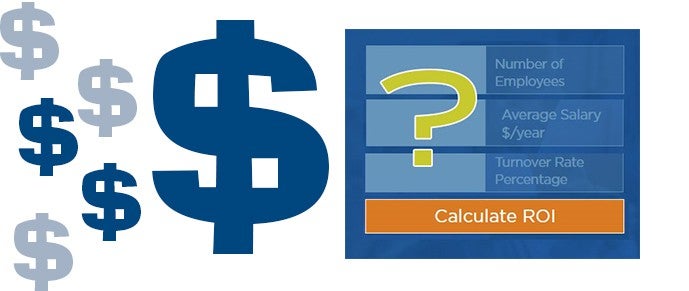June 6, 2017


Most people would agree that recognizing employees for their efforts and contributions is a nice thing to do. But unfortunately it’s sometimes difficult for “nice things to do” to get prioritized in the daily grind of business. For those wanting to make a positive difference in the workplace, the good news is that employee recognition is the right thing to as a human, and as a business leader who needs to protect the bottom line. In this article, let’s look at what is the real ROI of employee recognition. How does an effective recognition program impact a business’s bottom line?
Recognition Increases Engagement
Study after study shows that employee recognition is the number one driver of employee engagement. And further research has shown that organizations with high engagement have 50% higher productivity, 44% higher profits, and 50% higher customer satisfaction. Check out this infographic to learn more.
Employee Recognition Programs Reduce Turnover
Above and beyond the astronomical benefits from improved employee engagement, new research shows that employee recognition programs have a measurable impact on retention. A study from the Society of Human Resource Management showed that organizations with employee recognition programs have 23.4% less turnover than organizations without.
Organizations with employee recognition programs have 23.4% less turnover than organizations without!
The Financial Impact
The cost of turnover is at least 20% of an employee’s salary, and often much higher. Using these statistics, even a small company with average turnover could save hundreds of thousands of dollars annually by implementing an employee recognition program to reduce turnover. Try Terryberry’s Employee Recognition ROI Calculator to find out what the impact on turnover would mean to your business using your own data.
Categories
Tags
PermalinkComments (1)
Leave a Comment
You must be logged in to post a comment.


The ROI on engagement depends on whether engagement is tied directly to the financial performance of the company, empowering employees to think and act like owners. This Forbes article provides more background: http://www.forbes.com/sites/fotschcase/2016/05/31/engage-your-employees-in-making-money/